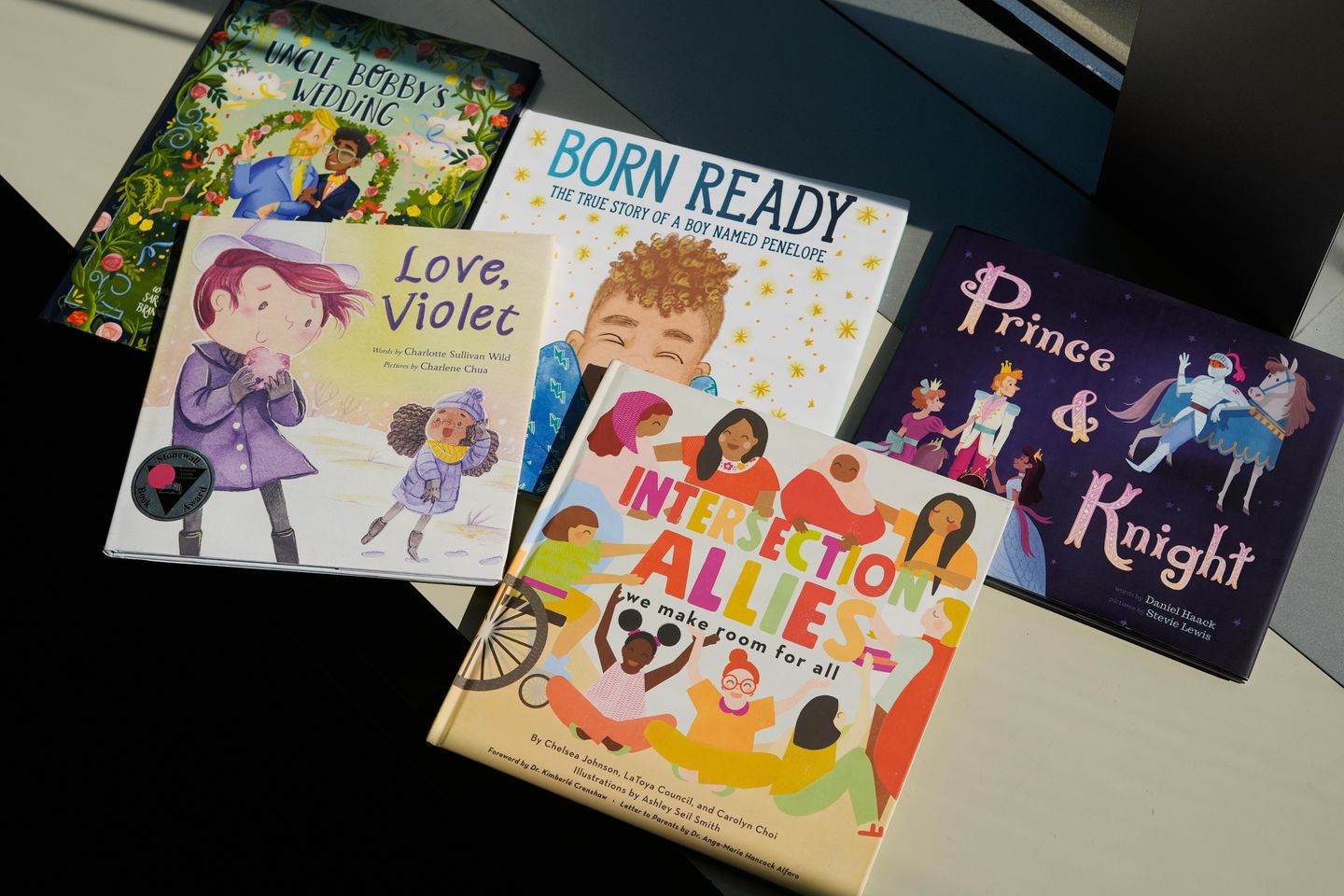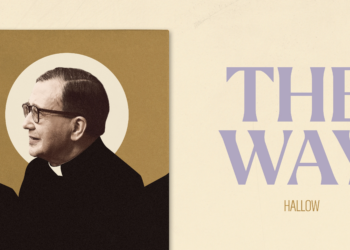
Supreme Court justices on Tuesday signaled backing parents who are challenging Montgomery County’s policy requiring public school students to sit through LGBT-heavy instructions on tolerance without the chance to opt out.
Justices repeatedly challenged the school board’s lawyer to explain why the wealthy, liberal Maryland county allows opt outs for other parts of its curriculum, including teachings that touch on religion or sexuality, but refuses when it comes to gay rights inclusivity.
The case pits the power of the LGBT movement against devout parents, particularly the county’s growing Muslim population, who say they don’t object to teaching tolerance but argue the county has tilted into indoctrination.
Eric Baxter, the lawyer for the parents, said they aren’t asking for the unit to be canceled but want the chance to keep their kids from being taught messages about sex and marriage that clash with their religious beliefs.
That resonated with the court’s GOP appointees.
“What is the big deal of allowing them to opt out of this?” said Justice Samuel A. Alito Jr.
“You’re not seeking to prohibit instruction in the classroom. You’re just seeking not to be forced to participate in that instruction,” said Justice Brett M. Kavanaugh.
Alan Schoenfeld, the county school board’s lawyer, said the county’s goal isn’t indoctrination but tolerance, and he said that requires exposing students to concepts that some families find objectionable.
“The board wants to teach civility and respect in the classroom,” he said.
The county’s Board of Education rolled out its inclusivity reading program in 2022 for children from preschool to fifth grade. The program celebrates pronouns, pride parades and gender transitioning.
One of the books used in the curriculum is titled “Pride Puppy,” which introduces 3- and 4-year-olds to pride parades. Students can try to spot an “intersex flag,” “drag queen,” “underwear” and “leather.”
Another book, “Born Ready: The True Story of a Boy Named Penelope,” promotes letting children decide their gender and the idea that doctors only guess at birth.
According to court documents, teachers are instructed to tell students that “not everyone is a boy or girl” and “some people identify with both, sometimes one more than the other and sometimes neither.” They are told to encourage the use of preferred pronouns.
The crux of the legal dispute is over the county’s refusal to let parents with religious objections opt out of the instructions.
Justice Sonia Sotomayor minimized the threat to families’ beliefs, saying the material didn’t seem to be pushed on the classroom.
“Haven’t we made very clear that the mere exposure to things that you object to is not coercion?” she said.
Justice Elena Kagan, another Democratic appointee, did suggest some sympathy with the challengers.
“I suspect that there are a lot of nonreligious parents who weren’t that thrilled about this. Add in religion and that’s even more serious,” she said.
But she wondered where she could draw a line that wouldn’t unleash a torrent of objections and problems for the school system.
“Once we say something like what you’re asking us to say, it’ll be like opt outs for everyone,” she said.
Justice Neil M. Gorsuch pointed out that the school already allows opt outs for Muslim parents from material that depicts images of the Prophet Mohammed.
“So it’s an image that makes the difference?” Justice Gorsuch said.
Mr. Shoenfeld countered that it was “conduct” — showing the image. He said a text that described an image, or someone drawing an image, wouldn’t be eligible for an opt out.
Complicating the county’s position more is that it initially promised, then offered, an opt out, and some parents rushed to sign up.
The county then revoked the option, declaring it had become “infeasible.”
That left Justice Kavanaugh to wonder.
“I guess I’m mystified, as a lifelong resident of the county, how it came to this,” he said.
The county’s lawyer repeatedly told the court that the school board has made clear students are free to disagree with the teachings about same-sex marriage or gender identity.
Several justices wondered how well that translated when the county’s policy applies to kids in public preschools, where they can be as young as 3 years old.
“Is that a realistic concept when you’re talking about a 5-year-old? Do you want to say, ‘You don’t have to follow the teacher’s instructions?” said Chief Justice John G. Roberts Jr. “That may be a more dangerous message.”
Justice Ketanji Brown Jackson, a Biden appointee, argued that the challenge is premature. She said there’s not enough evidence in the lower courts about how teachers are really using the material, and she suggested the court could wait until there is a sense that kids are facing coercion.
The justices couldn’t even agree on what the material showed.
Justice Sotomayor said she’d read many of the books in question, including “Uncle Bobby’s Wedding,” about a same-sex interracial marriage between two men — or in one case between two mice.
“None of them are even kissing in any of these books. The most they’re doing is holding hands,” she said.
Justice Alito saw it differently.
“I don’t think anybody can read that and say, well, this is just telling children that there are occasions when men marry other men,” he said. “It has a clear moral message, and it may be a good message; it’s just a message that a lot of religious people disagree with.”
Justice Sotomayor said that misses the point. She said the little girl in the book isn’t worried about the same-sex aspect but rather losing time spent with Uncle Bobby because of his marriage.
The Trump administration is siding with the parents in the case.
“Parents have a sincerely held religious obligation that is being denied in this context,” said Sarah Harris, principal deputy solicitor general.
The case is Mahmoud v. Taylor. A decision is expected by the end of June.


![NYC Tourist Helicopter Falls into Hudson River, Siemens Executive and Family Among Those Killed [WATCH]](https://www.right2024.com/wp-content/uploads/2025/04/NYC-Tourist-Helicopter-Falls-into-Hudson-River-Siemens-Executive-and-350x250.jpg)






![Green Day’s Cringe Trump Diss Ends in Fire and Evacuation [WATCH]](https://www.right2024.com/wp-content/uploads/2025/04/Green-Days-Cringe-Trump-Diss-Ends-in-Fire-and-Evacuation-350x250.jpg)
![Red Sox Fan Makes the ‘Catch of the Day’ with Unconventional ‘Glove’ [WATCH]](https://www.right2024.com/wp-content/uploads/2025/04/Red-Sox-Fan-Makes-the-‘Catch-of-the-Day-with-350x250.jpg)






